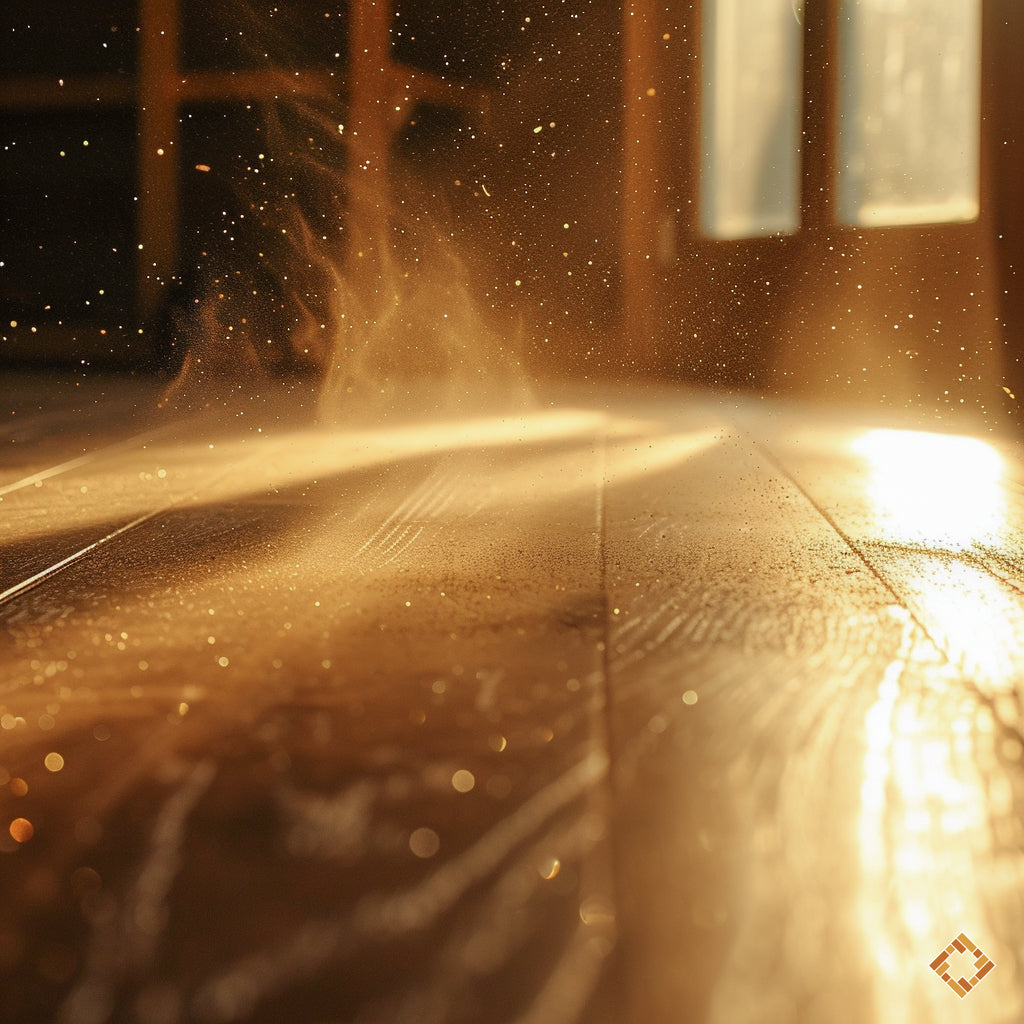Floor Sanding and Noise - Everything You Need to Know
If you're considering floor sanding, it's natural to have questions about the noise it can generate. At Plancher Deluxe, we understand your concerns, and we're here to provide you with all the information you need. In this article, we'll dive deep into the world of floor sanding, answering the question: Is floor sanding noisy?
The Floor Sanding Process
Before we discuss the level of noise associated with floor sanding, it's important to understand the process itself. Floor sanding is a crucial step in restoring the beauty of your wooden floors. Here's how it works:
-
Preparation: Before getting started, it's essential to prepare the area by removing furniture and protecting nearby surfaces to prevent any damage.
-
Sanding: Floor sanding involves the use of special machines equipped with coarse sandpaper to remove the top layer of varnish, paint, or any other existing coating.
-
Finishing: Once the surface has been properly sanded, it's ready for finishing. You can choose from various finishing options, including staining and varnishing, to achieve the look you desire.
The Level of Noise
Now that we have an idea of the process, let's delve into the question of noise. Floor sanding can indeed generate noise, but the amount of noise depends on several factors, including:
-
Machine Type: Modern floor sanding machines are designed to be quieter than their older counterparts. However, the noise level can vary depending on the brand and model of the machine used.
-
Surface Size: The larger the surface to be sanded, the more time the process may take, which means longer exposure to noise.
-
Surface Preparation: If the surface requires intensive sanding due to thick layers of coating, the noise can be more pronounced.
-
Technician's Skill: A skilled technician knows how to handle the machine efficiently, which can reduce the time required and, consequently, the noise.
-
Noise Reduction Measures: Some technicians use hearing protection equipment to minimize noise exposure, which is important for their own health.
It's also important to note that the noise generated by floor sanding is typically intermittent. Machines are turned on and off at different points in the process, allowing for breaks in the noise.
Minimizing Noise Impact
At Plancher Deluxe, we understand the importance of minimizing the impact of noise on your daily life. Here are some tips to achieve this when considering floor sanding:
-
Planning: Schedule floor sanding at a time when you can temporarily leave your home if possible. This will reduce your exposure to noise.
-
Hearing Protection: If you need to stay nearby during the process, consider using earplugs or noise-canceling headphones to protect your hearing.
-
Communication with Neighbors: Inform your neighbors in advance to avoid any unpleasant surprises. Open communication can often prevent conflicts.
-
Choosing the Right Time: Avoid scheduling floor sanding during sensitive times, such as sleeping hours or when you're working from home.
-
Trust Professionals: Hiring experienced floor sanding professionals like Plancher Deluxe means the job will be done quickly and efficiently, reducing the duration of noise.
Conclusion
In summary, floor sanding can generate noise, but the amount of noise depends on several factors. At Plancher Deluxe, we strive to minimize this impact on your daily life by using modern machines and effective techniques. If you're considering floor sanding in the Montreal, Laval, Longueuil, South Shore, or North Shore area, trust us to provide you with quality service while considering your comfort.
Feel free to contact us with any questions about floor sanding or to schedule your project. We're here to provide tailored and professional solutions.

